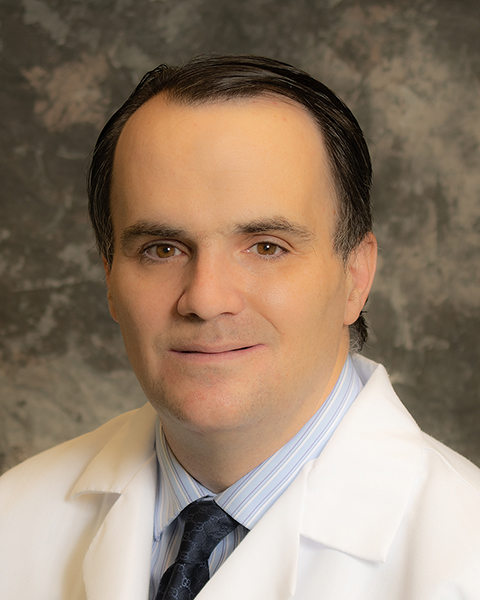How Do I Know if I Have a Concussion?

Concussion is a term for a head injury that temporarily interferes with the way your brain works. It can affect attention, memory, judgment, reflexes, balance, coordination and sleep patterns.
Concussions are commonly caused by an impact to the head or body. Falls are their most frequent cause. They can also result from car accidents and other hits to the head. In addition, concussions are common among athletes who play a contact sport, such as football or hockey.
Not everyone who experiences a blow to the body or head has a concussion. However, if you sustain any impact to the head, it is important to seek a concussion assessment and, if needed, treatment to avoid long-term brain damage.
What are the symptoms of a mild concussion?
Mild concussions can be hard to spot, but they can still have a major impact. Symptoms may appear immediately, or they might appear days, weeks and even months after the injury. Make an appointment with your primary care provider for concussion treatment if you experience the following symptoms after a head injury.
- Physical symptoms: Headache, blurry vision, nausea or vomiting, dizziness, sensitivity to light or sound, problems with balance and/or fatigue
- Cognitive symptoms: Difficulty thinking, concentrating and/or remembering new information
- Emotional symptoms: Feeling irritable, sad, or anxious and/or experiencing mood swings
- Sleep symptoms: Difficulty falling asleep and/or sleeping more or less than usual
What are the symptoms of a serious concussion?
More serious concussions may require emergency treatment. Signs of a severe head injury could include the following.
- Obvious trauma to the head, including bleeding or bruising
- Weakness, numbness and/or decreased coordination
- Vomiting and/or nausea
- Slurred speech
- Losing consciousness
- Being very drowsy and/or unable to wake up
- One pupil being larger than the other
- Having convulsions and/or seizures
- Not being able to recognize people and/or places
- Becoming increasingly confused and/or agitated
- Displaying unusual behavior
- For infants and children, being inconsolable and/or refusing to eat
How is a concussion diagnosed?
“To diagnose a concussion, we start by asking you or a witness about the injury,” said James Pacelli, MD, a neurologist with Penn Highlands Neurology. “We want to know how it happened, where the head was struck and if there were any immediate symptoms, such as loss of consciousness. It is important to note, however, that loss of consciousness does not occur with all concussions.”
Your physician will also perform a neurological exam. This could include checking your hearing, vision, reflexes, balance, strength, memory and concentration. If you have symptoms of a severe concussion, your doctor will likely order an imaging test to check for swelling or bleeding in the brain.
How is a concussion treated?
“Physical rest is essential to concussion recovery,” said Dr. Pacelli. “Sports, exercise and other activities that put you at risk for another head injury must be avoided.”
Your doctor will also prescribe some degree of mental rest. Depending on your symptoms, this could range from having a reduced work or school schedule to avoiding anything that requires thinking. That includes reading, looking at a smartphone screen, working or playing on a computer and watching television.
The Penn Highlands Concussion Clinics are centers dedicated to the diagnosis and treatment of concussions. They treat patients of all types and ages, including small children, student athletes, adults and the elderly. Penn Highlands Concussion Clinics have an orthopedic/sports medicine physician and a neuropsychologist on staff. They work closely with Penn Highlands physical therapists to provide comprehensive concussion treatment, including concussion evaluation, testing, setting up a concussion treatment plan and managing concussion recovery. For more information, visit www.phhealthcare.org/concussion.

